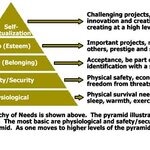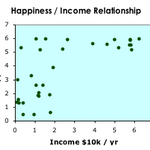
Fear blinds us, immobilizes us, and makes fools of us. Scary stories abound on the internet, through emails, and in conversations, and dangers lurk in the dusty corners waiting to pounce on us and tear our loved ones from our grasps. We know this. We feel it viscerally. And sometimes we shake in our boots.
We've got enough real dangers, and we do, without adding in made-up ones. We do a terrible job at assessing risk. Don't believe me? Which is safer? Driving or flying? If you said driving, you're so terribly wrong and have let both the illusion of control and the availability heuristic…




